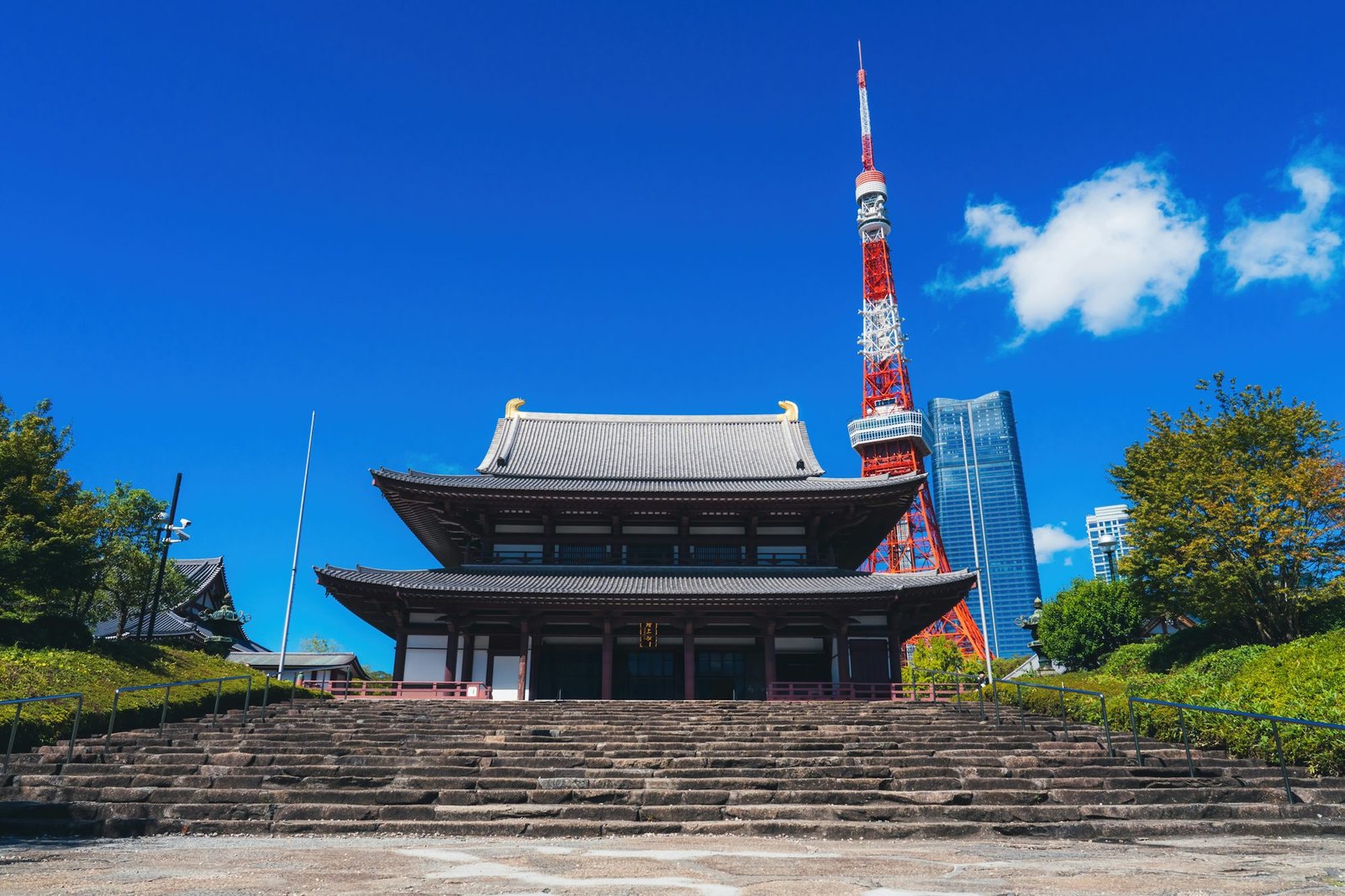jetsxgo.xyz
toure destination This article explores the travel principles travel of mindfulness, its destination benefits, and jetsxgo practical techniques to jetsxgo incorporate mindfulness toure into daily life for greater well-being and serenity.
Liam Roberts
November 02, 2024